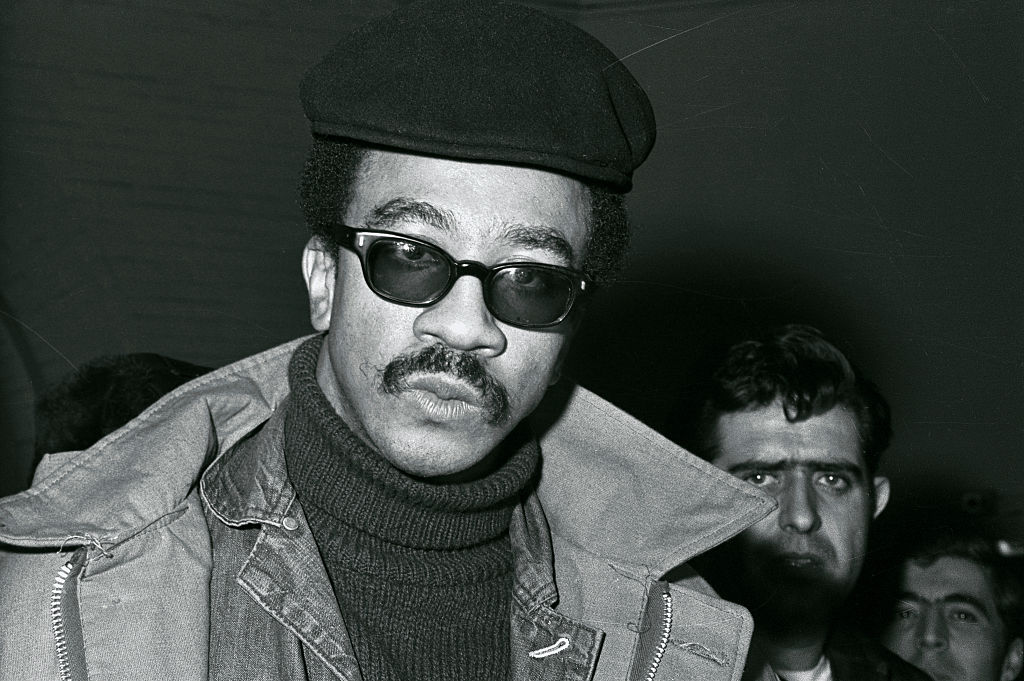Jamil Abdullah Al-Amin, aka H. Rap Brown, Dies At 82
Written by djfrosty on November 24, 2025

On Sunday (Nov. 23), Jamil Abdullah Al-Amin, a key figure in defining the more militant elements of Black activism as H. Rap Brown in the 1960s before converting to Islam and living as a cleric, died in a federal prison hospital in Butner, North Carolina. He was 82 years old.
Al-Amin’s death was confirmed by his attorneys, who said his passing occurred after a “prolonged period of severe medical decline.” According to reporting by the Washington Informer in February, he was suffering from multiple myeloma, spurring his transfer from a facility in Tucson, Arizona, to the facility at Butner. He was serving a life sentence without parole after being convicted of the 2000 shooting of two Fulton County deputies, with one dying as a result.
The activist was born Hubert Brown (Rap was a childhood nickname) in Baton Rouge, Louisiana, on Oct. 4, 1943. He became involved with the Civil Rights Movement through his brother, Ed Brown, who was part of the Student Nonviolent Coordinating Committee. He’d become acquainted with Stokely Carmichael, later known as Dr. Kwame Ture, and they would lead a more aggressive shift in SNCC toward embracing Black Power, coinciding with Al-Amin taking over as chairman in 1967 from Ture.
It was this period that saw Al-Amin, at 6-foot-7, become a more striking figure on the scene, bolstered by rhetoric that called for Black people to arm themselves per the Second Amendment as uprisings occurred across America. This was marked by a speech in Washington, D.C, he made on July 24, 1967, where he declared, “Violence is a part of America’s culture. It is as American as cherry pie.” Al-Amin’s spirit would become prominent in conscious Hip-Hop, stemming initially from his recorded and 1969 autobiography Die N—— Die!, which would be cited and sampled, notably by Public Enemy, dead prez, Common, and Jasiri X.
Al-Amin would be targeted by J. Edgar Hoover and the FBI, and Congress would enact a law to make it illegal to encourage or organize an uprising in 1968. After being convicted of engaging in a 1971 shootout with New York Police Department officers, Al-Amin would be jailed for five years. He converted to the Dar-ul Islam Sunni sect of Islam and moved to Atlanta, Georgia, and opened a mosque and community store. His attorneys were still fighting to get his 2002 conviction overturned, citing anti-Islamic sentiment and federal agencies trying to tie him to criminal activities post 9/11.

 State Champ Radio
State Champ Radio 





